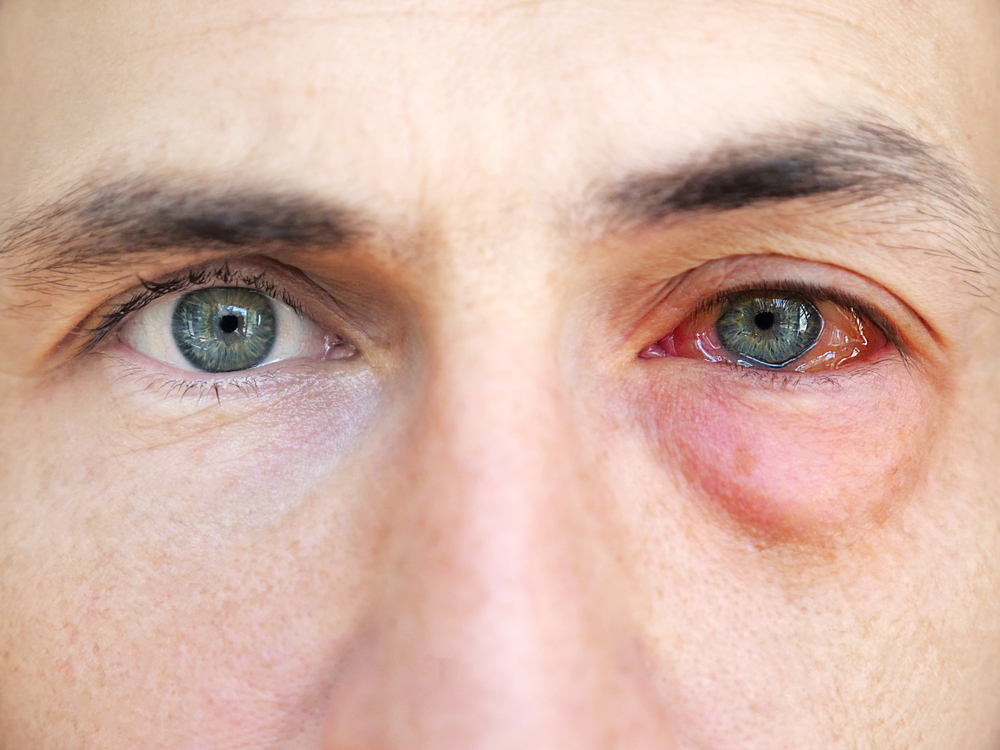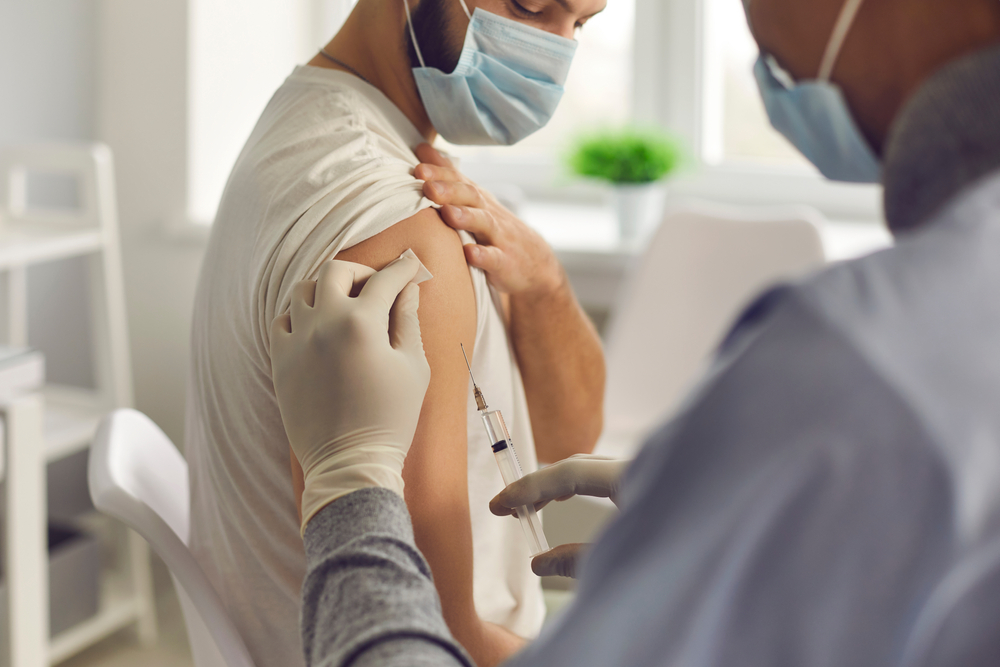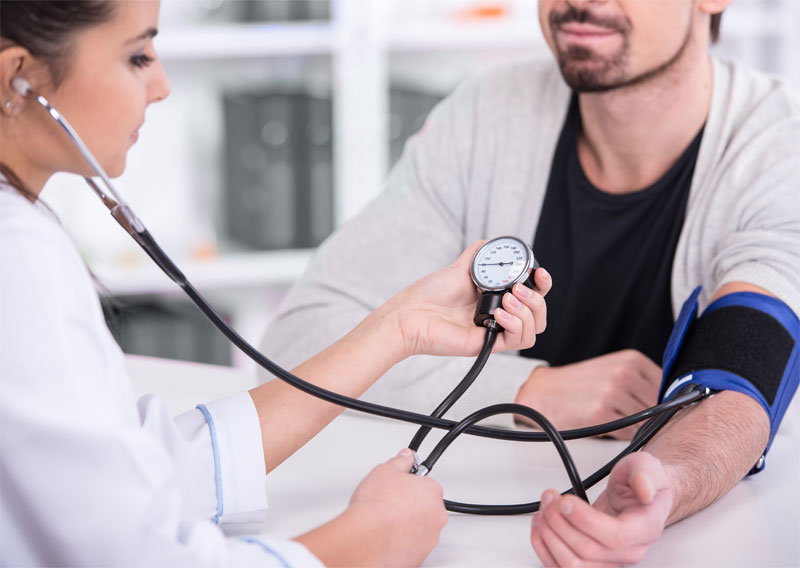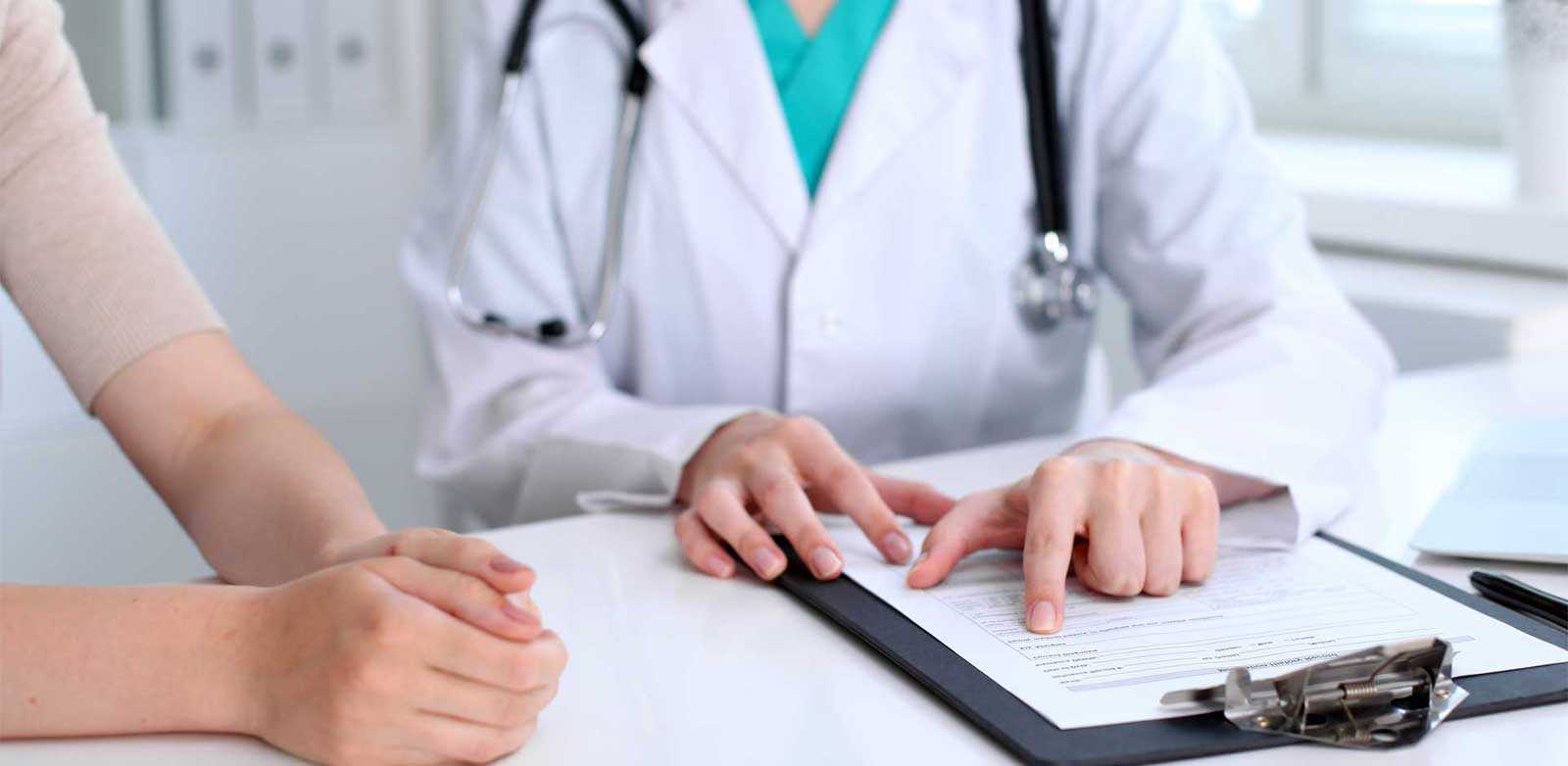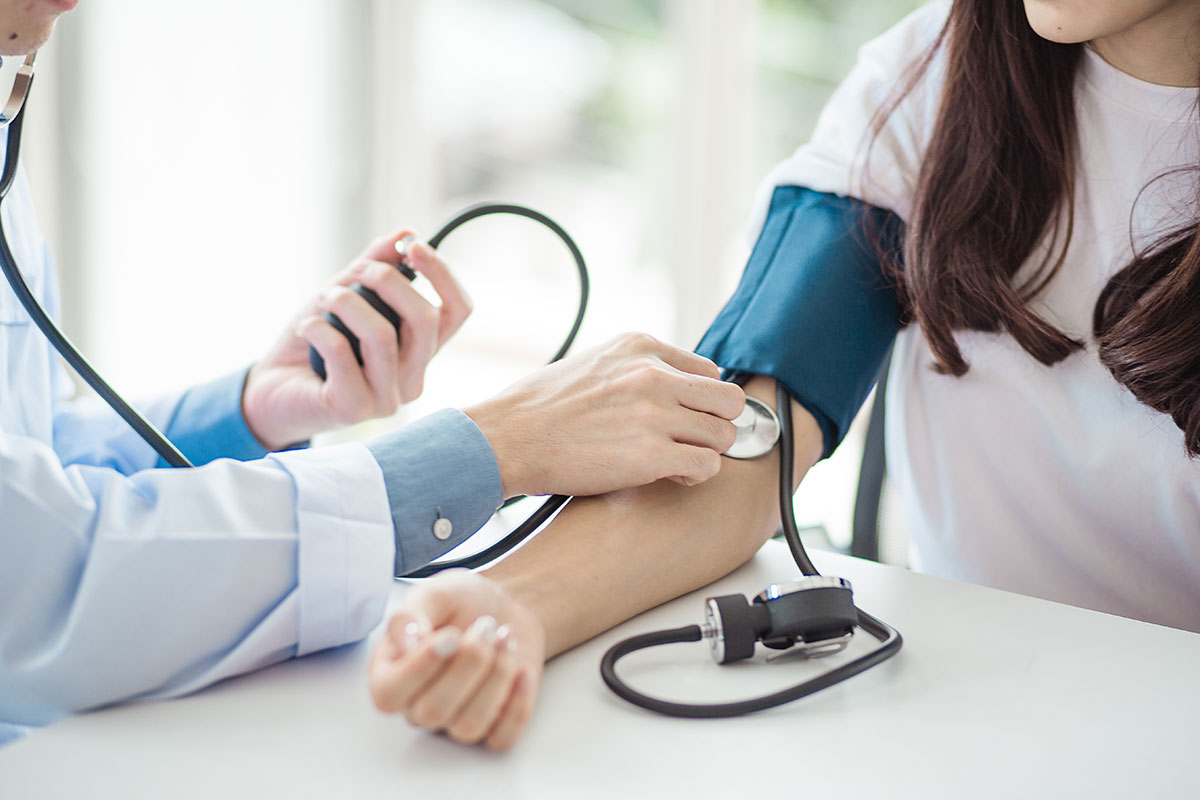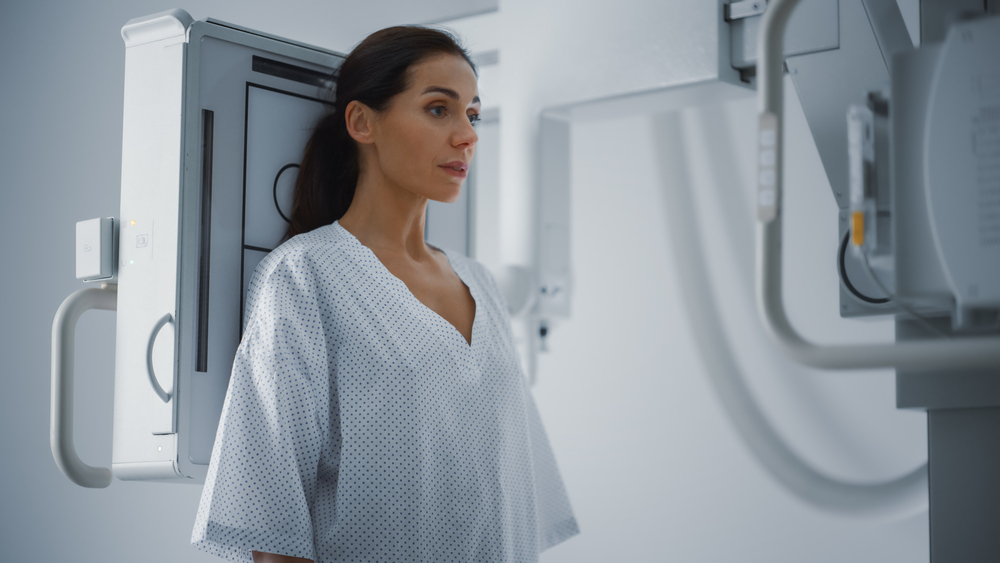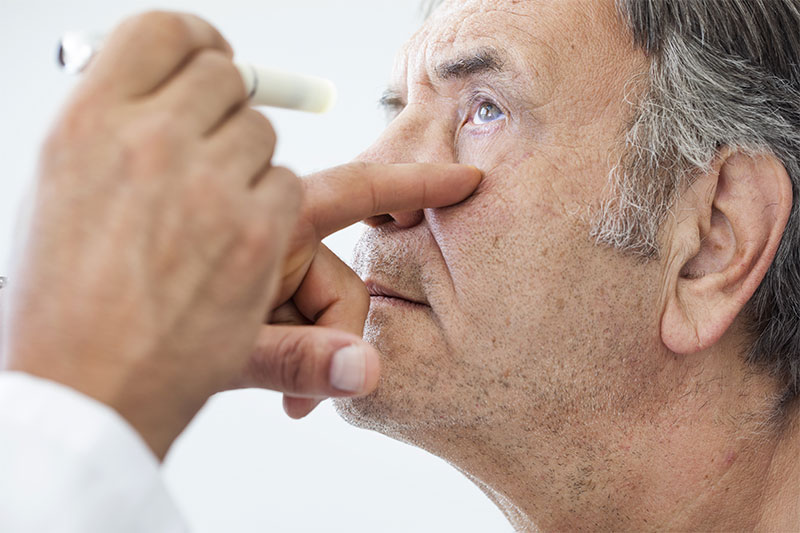
How to Stay Healthy as You Age: Essential Tips for a Vibrant Life
As we journey through life, the process of aging can bring both challenges and opportunities. Embracing a healthy lifestyle as we age is key to maintaining our physical, mental, and emotional well-being. Whether you’re in your 40s, 50s, or beyond, adopting habits that support your health can lead to a more fulfilling and active life.
Understanding Aging and Health
Aging is a natural part of life, and with it comes various physiological changes. Our metabolism slows down, our muscles may weaken, and our bones can become more fragile. While we can’t stop the aging process, we can influence how we age by making healthy choices and taking proactive steps to care for ourselves.
Tips for Maintaining Good Health as You Age
1. Stay Physically Active
Regular exercise is crucial for maintaining strength, flexibility, and cardiovascular health. Engage in activities that you enjoy, such as walking, swimming, or yoga. Aim for at least 150 minutes of moderate-intensity exercise per week, combined with muscle-strengthening activities.2. Eat a Balanced Diet
Nutrition plays a vital role in aging well. Focus on a diet rich in fruits, vegetables, whole grains, lean proteins, and healthy fats. Reduce your intake of processed foods, sugars, and excessive salt. Staying hydrated is also essential—drink plenty of water throughout the day.3. Prioritize Mental Health
Mental well-being is just as important as physical health. Engage in activities that stimulate your mind, such as reading, puzzles, or learning new skills. Social connections are also crucial—maintain relationships with family and friends and participate in social activities that bring you joy.4. Practice Good Sleep Hygiene
Quality sleep is essential for overall health. Establish a regular sleep schedule, create a restful environment, and avoid stimulants such as caffeine and electronic screens before bedtime. Aim for 7-9 hours of sleep each night.5. Stay Engaged and Active
Keeping yourself engaged in hobbies, volunteering, or part-time work can enhance your sense of purpose and fulfillment. Staying active and involved in your community contributes to both physical and emotional health.6. Manage Stress Effectively
Chronic stress can negatively impact your health. Practice relaxation techniques such as meditation, deep breathing exercises, or gentle physical activities like tai chi. Finding healthy ways to manage stress can improve your quality of life.7. Get Regular Check-ups
Preventive care is vital for early detection and management of health issues. Schedule regular check-ups with your healthcare provider to monitor your health and address any concerns. This includes routine screenings, vaccinations, and managing chronic conditions.Your Partner in Aging Gracefully: Affordable, Comprehensive Care at Gulf Coast Health Center
At Gulf Coast Health Center, we understand the importance of maintaining good health as you age. With 9 convenient locations throughout Southeast Texas, we offer affordable and comprehensive healthcare services to support you on your journey to wellness. Our dedicated team is here to provide personalized care and help you stay happy and healthy throughout the years.
For more information about our services and to find a Gulf Coast Health Center location near you, visit our website or call us today. Your health is our priority, and we’re here to support you every step of the way.








